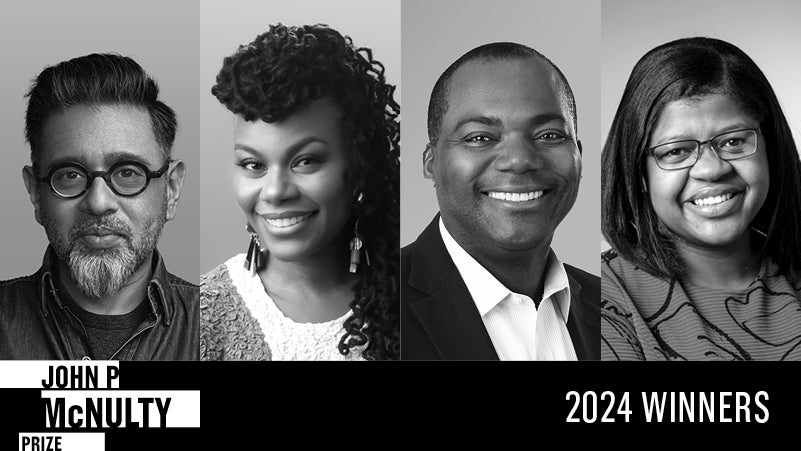It’s an inflective moment for leadership.
The 2023 Edelman Trust Barometer—once again—revealed that overall trust in our core institutions is decreasing—naming it “a lack of faith in societal institutions triggered by economic anxiety, disinformation, mass-class divide and a failure of leadership.” Individuals continue to express a lack of trust in media, nonprofits and government.
Business—as the only reportedly trusted institution, and the only institution seen as competent and ethical—has a critical role to play in weaving the tears in our social fabric back together. That role will be grounded in business’ ability to transform—its products, services and the way it operates—in order to meet both societal and economic demands.
The opportunity is enormous, but the headwinds are strong. The Edelman report shares what we all have seen in news headlines this past year—that “Great expectations result in heightened risk for business,” noting that “[while] people want business to do more on social issues, it risks being politicized when engaging on contentious issues.” The risks of both staying the course and of real transformation seem incredibly high.
It seems like a perilous paradox for business, and one that requires a new model of leadership to succeed—a model that anchors in nuance and influence, not in formal authority and a singular, myopic focus on the bottom line.
That new model of leadership won’t unlock overnight, but, rather, will take shape over time by the seemingly small actions and small wins driven by values-based individuals within companies who engender trust through new approaches that focus on the long term success of the enterprise.
For over a decade, our team at the Aspen Institute Business & Society Program have witnessed changemakers within business practice this new model of leadership every day. Since the founding of our Aspen Institute First Mover Fellowship in 2009, each year we’ve announced a new cohort of corporate social intrapreneurs—innovators working inside companies who create new products, services and management practices that increase business value and progress social and environmental change.
We’ve learned so much from them over the years as they’ve modeled new approaches to business practice, innovation and transformation. As we prepare to welcome our 15th class to Aspen to launch their year-long fellowship, we’ve taken a step back to reflect on some of the throughline qualities our First Movers bring to their workplace every day.
- Influencing without authority: Many of our first movers have formal authority and power—some at the very highest levels of the world’s largest companies. Still, one of the strongest markers of their success is a continued ability to influence—not command—the executives and decision-makers around them. They define the business case and social case for initiatives with equal rigor and effectiveness. They provide a signal through the noise for their teams that would otherwise be overwhelmed by the goals and stakes in front of them. They reframe problems so the opportunities ahead feel clear. Their values are present in each of their actions.
- Innovation within constraints: Our First Movers are constantly examining existing processes, systems, products and services at their most fundamental level—and are transforming them to operate more effectively for business and society. They are leveraging classic design thinking principles, transforming constraints into opportunities and building coalitions and alliances within their companies that enable change to “stick.” Ultimately, our fellows are driving the internal innovation necessary to ensure business is playing the role it needs to.
- Relentless reflection: The din of our world and our workplaces is overwhelming. The high volume of our technology connections to the many, many people in the world are harming our connections to those right across the table from us—and the connection we have to ourselves. The fellowship deepens leaders’ practice of reflection—through poetry, immersion in nature, disconnect from technology—the real rewiring of the brain in moments where it needs to learn, where it needs to rest.
All of these are core practices that allow First Movers to live and lead grounded in their values, their humanity and their care for people and the planet.
In a society where we face truly new and increasingly complex issues that require rapid change at scale, we need more leaders like them. We need to turn up the volume on their voices—and on others that are demonstrating a more effective model of leadership. In recognition of our 15th year—and the 276 fellows that we’ve had the privilege of working with over the course of that time—we’re kicking off an interview series to share their experiences and wisdom with our community. Check out our first newsletter with Lauren Collins Scott, newly-appointed Global Chief Impact Officer of IDEO.
Thank you for joining us on this journey—and for helping us shape the path towards the sustainable and equitable model of leadership we need now.

